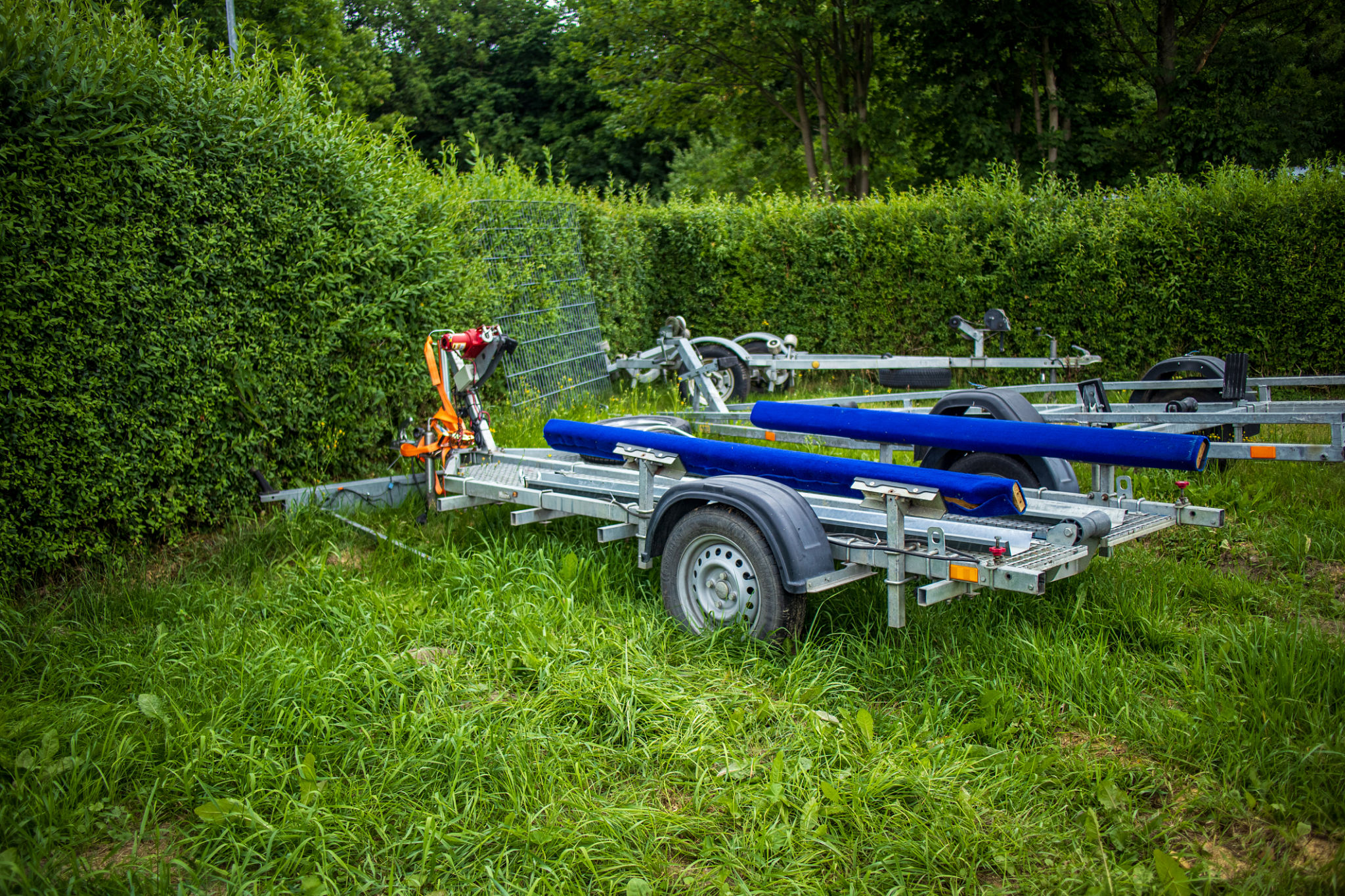Common Misconceptions About Vehicle Recovery and Transport
Understanding Vehicle Recovery and Transport
Vehicle recovery and transport is a service that many may not fully understand until they find themselves in need of it. As with many specialized services, there are several misconceptions that can lead to misunderstandings or false expectations. In this post, we'll debunk some of the most common myths surrounding vehicle recovery and transport.

Misconception #1: It's Only for Emergencies
A common belief is that vehicle recovery services are only for emergencies, such as when a car breaks down on the highway. While emergencies are a significant part of the service, vehicle recovery and transport also include non-emergency situations. For example, transporting classic cars to shows, moving vehicles long distances, or relocating cars that are inoperable but not in distress.
Vehicle transport services can be scheduled in advance for convenience, providing flexibility for individuals and businesses alike. This aspect of the service is often overlooked but is crucial for various logistical needs.
Misconception #2: All Services Are the Same
Another misconception is that all vehicle recovery and transport services offer the same level of service. In reality, there are different types of services tailored to specific needs. Some companies specialize in local recovery, while others may focus on long-distance transport. Additionally, certain providers may offer specialized equipment for unique vehicles such as motorcycles, boats, or heavy machinery.

Choosing a service provider should involve considering factors like coverage area, type of vehicles handled, and additional services offered. Understanding these differences can help in selecting the right service for your particular needs.
Misconception #3: DIY Towing is Always Cheaper
Many believe that towing a vehicle themselves will always save money. However, DIY towing can lead to unforeseen expenses and risks. Without the proper equipment and experience, you could damage your vehicle or create dangerous situations on the road. Professional services not only ensure safety but also provide insurance coverage during transport.
Moreover, vehicle recovery experts have the training and expertise to handle a wide range of scenarios efficiently, which can ultimately save time and potential repair costs associated with improper towing.

Misconception #4: Insurance Covers Everything
It is a widespread assumption that vehicle insurance policies automatically cover all aspects of recovery and transport. While some policies may include roadside assistance or towing coverage, they do not always cover long-distance transport or specialized services. It's essential to review your insurance policy details to understand what is covered.
If your insurance doesn't cover specific transport needs, discussing options with your provider or considering additional coverage could be beneficial. This proactive approach ensures you're prepared for any situation that may arise.
Misconception #5: Vehicle Condition Doesn't Matter
Some people think that the condition of their vehicle doesn't affect the recovery process. On the contrary, the condition plays a significant role in determining the type of equipment needed and the method of transport. For example, a non-operational vehicle may require a flatbed truck rather than a standard tow truck.
Providing accurate information about your vehicle’s condition when arranging for recovery or transport helps ensure that the service provider comes prepared with the appropriate tools and equipment.

Conclusion
Understanding the nuances of vehicle recovery and transport can help dispel common misconceptions. By recognizing that these services extend beyond emergencies, vary in offerings, and often require professional expertise for safety and efficiency, you can make informed decisions when selecting a provider. Whether you're dealing with an unexpected breakdown or planning a move for a cherished car, having accurate information empowers you to choose the best service for your needs.